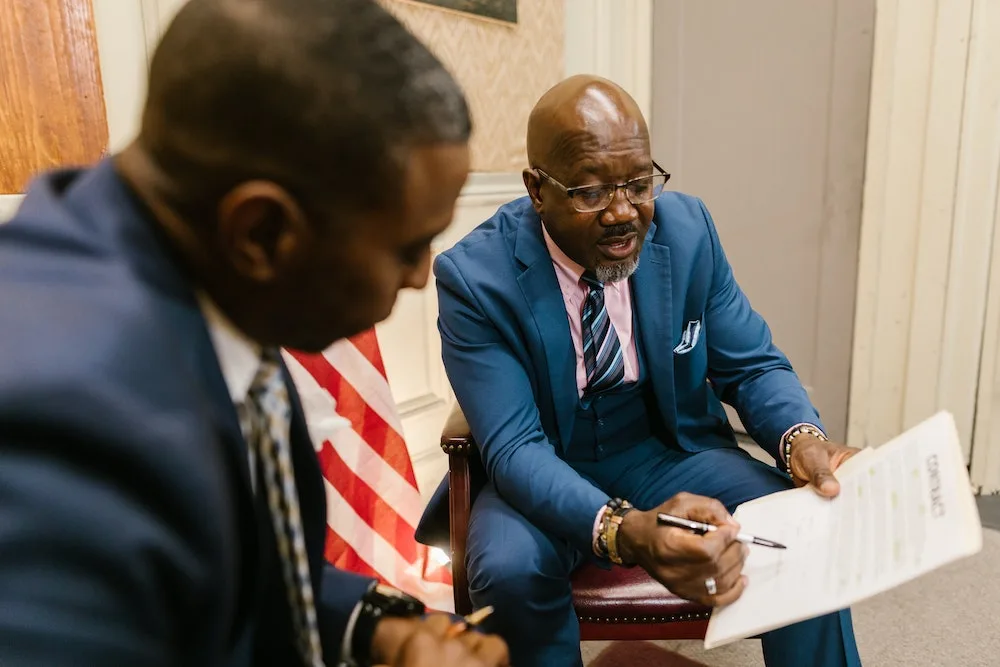Facing criminal charges is a daunting experience, and one of the critical junctures in this legal journey is the bail hearing. For individuals accused of a crime in Toronto, it’s essential to understand what happens after a bail hearing, as it can significantly impact the course of their case. In this article, we will provide a comprehensive overview of the post-bail hearing process in Toronto and shed light on what individuals can expect during this crucial phase of their legal battle.
The Outcome of the Bail Hearing
The first step in understanding what happens after a bail hearing is knowing the outcome. Bail hearings typically have three possible results:
a. Release on Bail: If the judge grants bail, the accused is released from custody, with or without conditions. The conditions may include a bail amount, a promise to appear in court, a no-contact order, or a requirement to surrender their passport.
b. Detention: If the judge denies bail, the accused will remain in custody until their trial. This can be a significant setback, and it’s essential to consult with an experienced criminal lawyer to explore options for a bail review.
c. Adjournment: In some cases, the judge may adjourn the bail hearing to gather more information or evidence before making a decision. This may prolong the process, but it’s a better outcome than outright detention.
Compliance with Bail Conditions
For individuals granted bail, it’s crucial to adhere to all imposed conditions. Failure to do so can result in bail revocation and a return to custody. Common bail conditions include regularly reporting to a bail supervisor, staying away from specific locations or individuals, and refraining from consuming drugs or alcohol.
Preparation for a potential Trial
After a successful bail hearing, it’s time to focus on building a strong defence for a potential trial. This involves:
a. Hiring a Criminal Lawyer: It’s vital to consult with an experienced criminal lawyer in Toronto who can guide you through the legal process, provide legal advice, and represent you in court.
b. Evidence Gathering: Your lawyer will work with you to gather evidence, interview witnesses, and assess the strength of the prosecution’s case.
c. Negotiation: Your lawyer may engage in negotiations with the prosecution to explore the possibility of plea bargains or reduced charges.
d. Trial Preparation: Preparing for trial involves developing a solid defence strategy, reviewing the evidence, and strategizing for cross-examination.
Attending Court Appearances
In the aftermath of a bail hearing, accused individuals must attend all scheduled court appearances. Failing to do so can lead to additional legal consequences, including the issuance of a bench warrant for arrest.
Monitoring and Compliance with Court Orders
Throughout the pre-trial process, individuals released on bail must maintain compliance with any court orders and conditions. This includes attending counseling, refraining from criminal activity, and adhering to any other directives from the court.
Seeking a Bail Review
If an accused individual’s circumstances change or new evidence emerges, it may be possible to seek a bail review to secure release if bail was initially denied.
Conclusion
Understanding what happens after a bail hearing in Toronto is crucial for anyone facing criminal charges. It’s a complex process that requires careful attention to detail, compliance with court orders, and the assistance of a skilled criminal lawyer. By navigating this phase effectively, individuals can work toward building a strong defence and achieving the best possible outcome in their criminal case. If you or someone you know is in need of legal assistance following a bail hearing, don’t hesitate to consult with a reputable criminal lawyer in Toronto to protect your rights and navigate the legal system effectively.

Alex De Boyrie is an experienced Criminal Defence Lawyer covering Toronto, and the Greater Toronto Area.
In short, Alex’s experience ranges from working on bail hearings, sexual offences, weapons and firearms, assault charges, drug offences, youth crimes, Impaired Driving, and other criminal offences.

